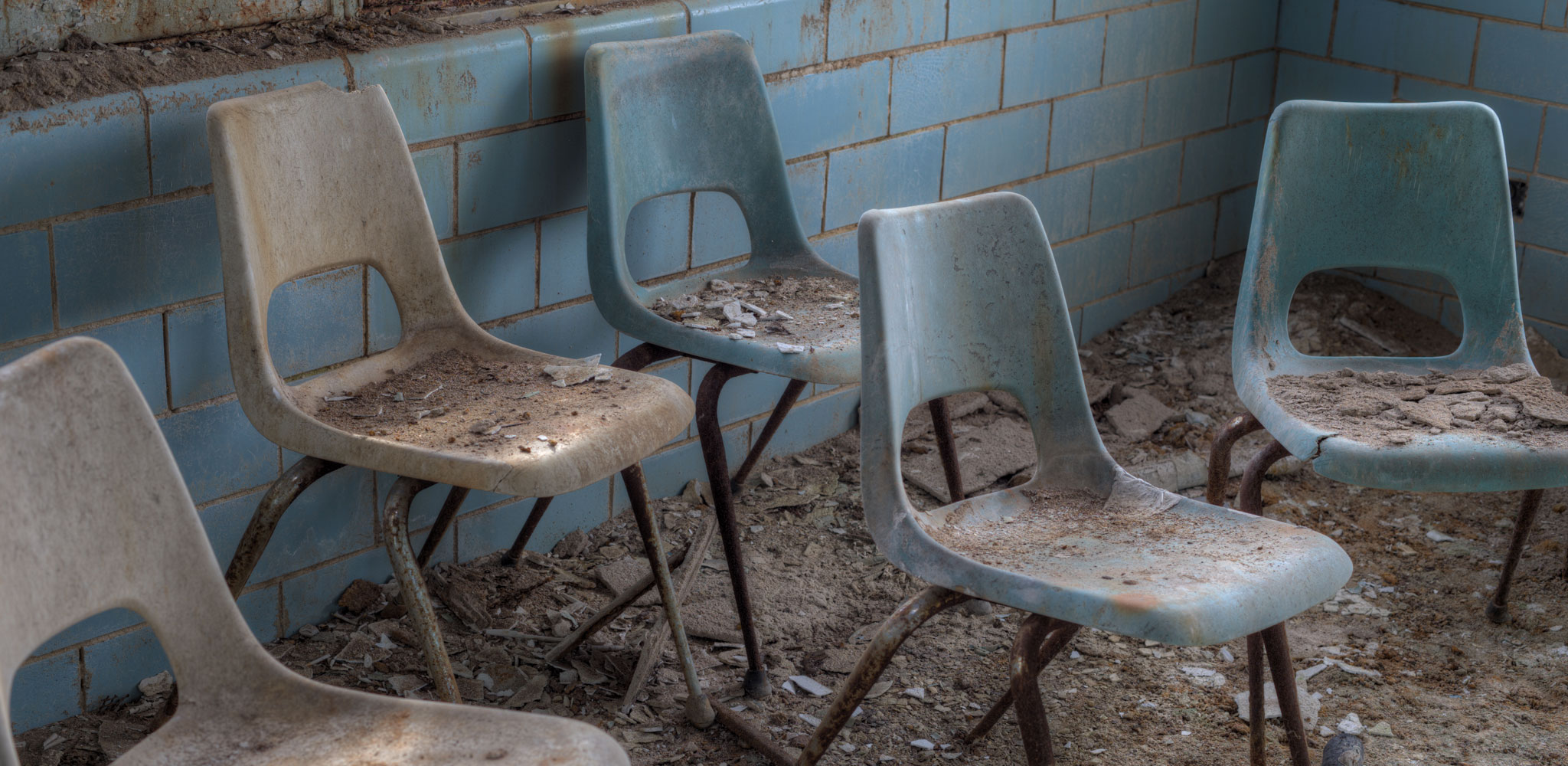It takes Jessica four bus rides to get to church. The buses are hot with no air conditioning and only enough seats for a handful of people. Normally, she travels with her missionary team. This time she is alone.
She has been alone in Nicaragua before — to the point that being the only exotic American doesn't scare her anymore — that is, with the exception of the stop by the black market. At the market, even the locals travel with their heads down, bags clenched tightly in their fists, as they rush to the next stop. If you are going to get robbed, this is the most likely of places. She was taught to keep her head down and move quickly.
If you were going to get robbed, this was the most likely of places. She was taught to keep her head down and move quickly.
The market is loud. Hawkers do whatever it takes to get your attention — beckoning you to buy what they have to offer: water, tortillas, hand-made jewelry, anything. This is how they make a living.
As she makes her journey, she has time to think about the message she will preach in youth service that night. She pauses to pray, "God, use me in a drastic way." As the bus slows and she steps off, it seems as if her world stops. Despite the noise and frantic crowds, it is as if the world goes quiet. Across the way, she sees a little boy in a broken plastic chair.
In an instant, Jessica knew she had to talk to him.
Jessica asks, "Why are you all alone?"
He replies, "I sit here all day while my parents work."
"All day? What do you mean?"
"I get here at 6 a.m. and wait for my parents to pick me up."
"How do you eat?"
"I beg people for food."
"Have you eaten today?"
"No I haven't eaten today."
Jessica turns around and buys a tortilla from the stand behind her.
As the conversation continues, Jessica learns more about David. His parents work in the black market — an environment so menacing that his parents consider it safer to leave their 4-year-old son alone at a bus stop that is known to be one of the most dangerous areas in Nicaragua. He sits here every day, 7 days a week. Through discussion, Jessica finds out he has an older sister and brother.
"Where is your sister?" Jessica asks.
"Selling tortillas."
"Does she feed you?"
"No. We have to make money."
That first encounter left an impression upon them both. The next time David sees Jessica step off the bus, he excitedly runs toward her calling, "Jessica! Jessica!" This time she comes prepared with fruit tarts and a bouncy ball for him and his sister.
As they walk back to his plastic chair, an older gentleman stops them and sternly asks, "Who are you? What are you doing here?" Jessica replies, "I am a missionary, and I am here through my school."
At this time, Jessica looks around and sees a small crowd gathering, interested in what she has to say.
The older man asks, "You're talking with David because you love Jesus?"
She responded, "Exactly! Yes! I love Jesus; Jesus loves me and loves David. I know God sent me here."
The next time she sees David, his mother is with him. "So you are Jessica? My son has talked about you nonstop for the longest. I'm really glad to meet you."
As David's mom continues to talk she explains her story. At 26 years old, she can't read or write, never went to school, has three kids, and is divorced from her husband. She looks down and begins to cry. After a few seconds, she looks up with tears dripping down her face and her eyes blood-shot red and says, "Please. Take him."
That moment is seared in Jessica's memory. She knew she couldn't adopt David. But, it would birth in her heart a strong calling to teach children in Central America and the United States — to use education to break the cycle of poverty. As the desire grows, she also hopes to establish a halfway house to help educate and give shelter and food to those in need.
